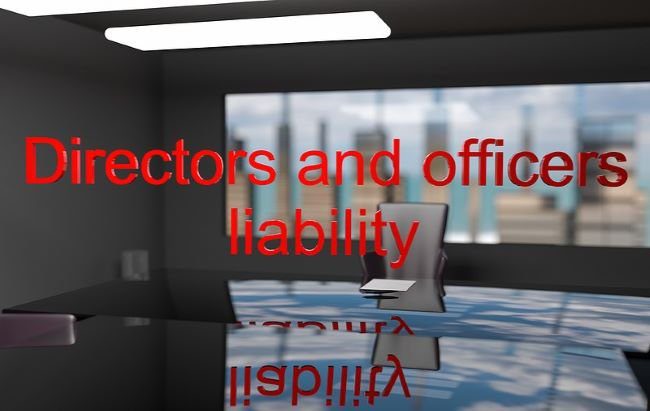Should You Have Directors & Officers (D&O) Insurance?

There are many ways to serve your community. Whether you are on the board of a Tarrytown-based nonprofit initiative for women or interested in serving your local baseball team or city council, being a director or officer is a great way to make an impact. But what if a simple decision results in a lawsuit? What if you are accused of misappropriating funds or causing harm to someone your organization serves? Directors and officers (D&O) insurance is designed to protect against these types of scenarios.
What is D&O Insurance?
Directors and officers’ insurance is a type of liability insurance that protects the officers and directors of an organization. D&O insurance protects personal assets in the event one is sued by employees, vendors, customers, or other parties for actual or alleged wrongful acts of managing the entity.
How Does it Work?
Fundamentally, a D&O policy covers legal defense costs and damages awarded in lawsuits against directors and officers. It also covers expenses related to such lawsuits.
Coverage does not exist for outright fraud and intentional criminal activities. It also does not cover personal injury, physical damage to your property, and lawsuits among management.
The purpose of the policy is to provide coverage for losses directors suffer because of claims made against them. Anyone who feels they have been harmed by the actions of a director or officer can make a claim. The types of claims include:
Breach of fiduciary duty
Negligent misrepresentation
Negligent hiring or retention
Fraudulent transfer or concealment
Misappropriation of funds
Do You Need D&O Insurance?
Nonprofit and volunteer officers need directors and officers (D&O) insurance just like for-profit directors & officers. In fact, according to a recent study by Non-Profit Quarterly, organizations whose revenue model tends to be driven by voluntary contributions often face fund management issues. This means they are likely to be sued just like other businesses.
In addition, the United States has a law called “Duties of Officers.” It stipulates that officers must act in good faith and with a reasonable degree of care. Therefore, whether you work in a social or religious setting, such as a church, charity, or homeowners association (HOA), you must act in the organization’s best interest. Otherwise, you may face a lawsuit.
It is essential to have the appropriate insurance in place to protect yourself.
Even if you do nothing wrong, somebody could sue you for no good reason. D&O coverage protects against this vulnerability.
As a director or officer of an organization, you have access to valuable information about your organization that could make you a target for lawsuits.
The cost of defending yourself against a lawsuit can be staggering – even if the lawsuit is unfounded. A D&O policy will cover your defense costs, up to the policy limits.
What Activities and Scenarios Warrant D&O Insurance?
If you are involved with the following activities and scenarios, you should probably carry D&O insurance:
Running an Organization That Receives Tax-Deductible Contributions. If you collect donations, you could be accused of fund mismanagement or misappropriation. If funds are stolen via cyber hack or fraud, board members could be accused of failing to provide leadership in these areas.
Directing a Charity or Other Organization that Serves the Public. If a member of the public were injured, molested or harmed by a member of your organization, you could be accused of not providing appropriate background checks or oversight.
Being a Member of an Advisory Board, Committee, or Panel. You have power over people’s careers and livelihoods. If you make decisions that turn out to be wrong—or if these decisions lead to legal action—you could be held personally liable for any harm caused.
The Bottom Line
Directors and officers (D&O) insurance is an essential safeguard. If your organization does not purchase protection for you, you should purchase it for yourself. In addition, those who volunteer should consider an umbrella policy for an added layer of personal liability protection.
Contact us if you would like to learn more.







